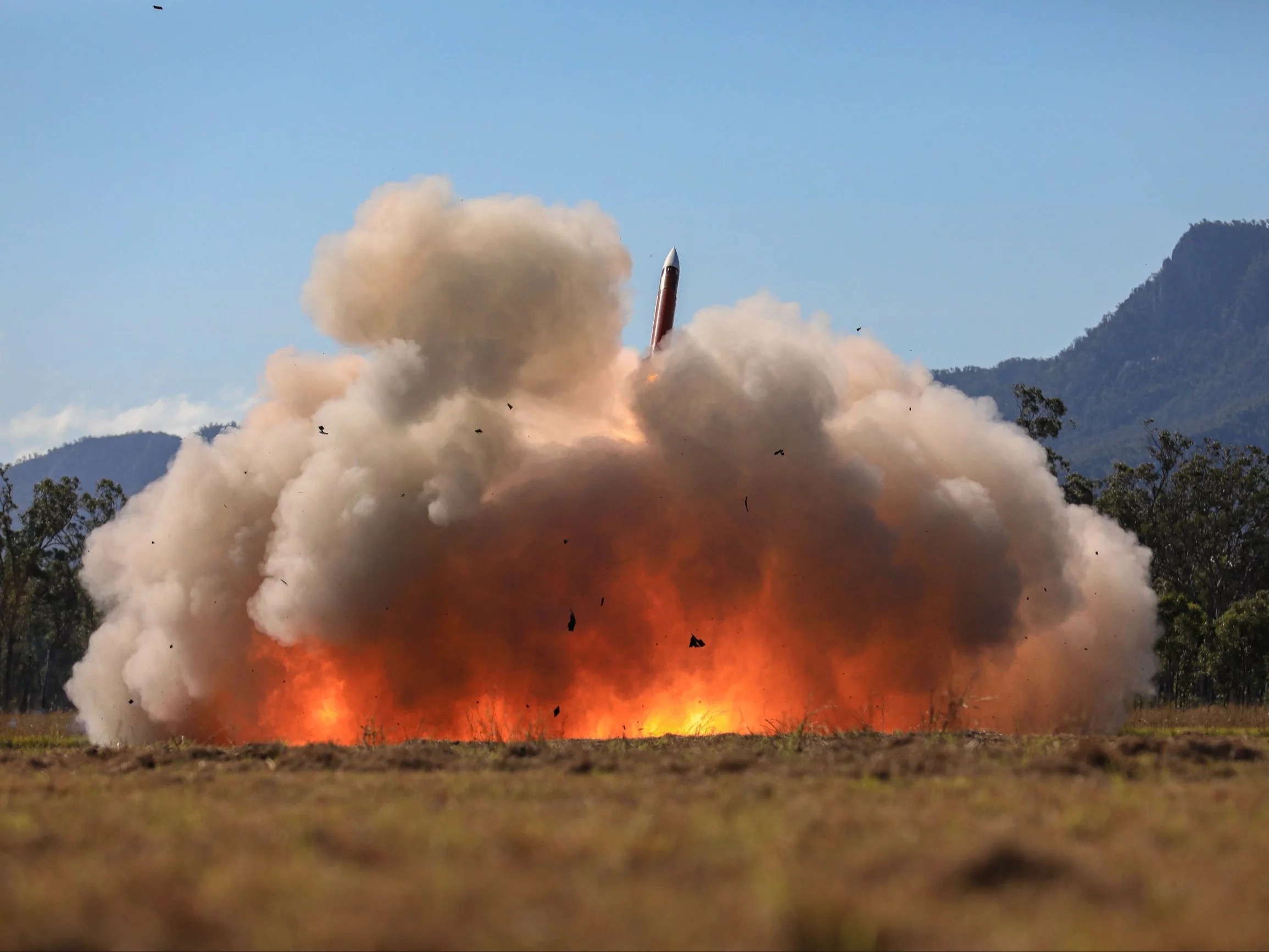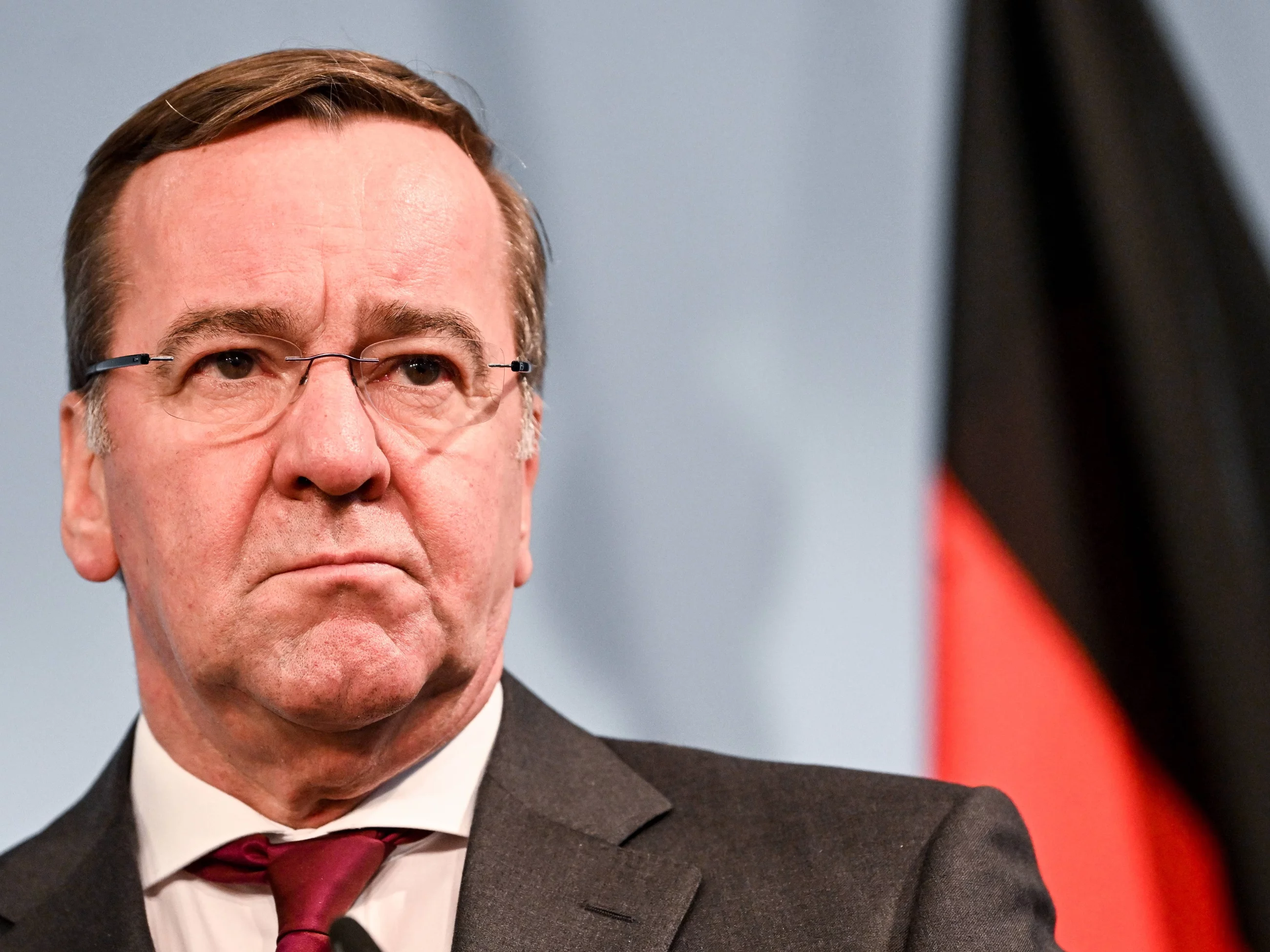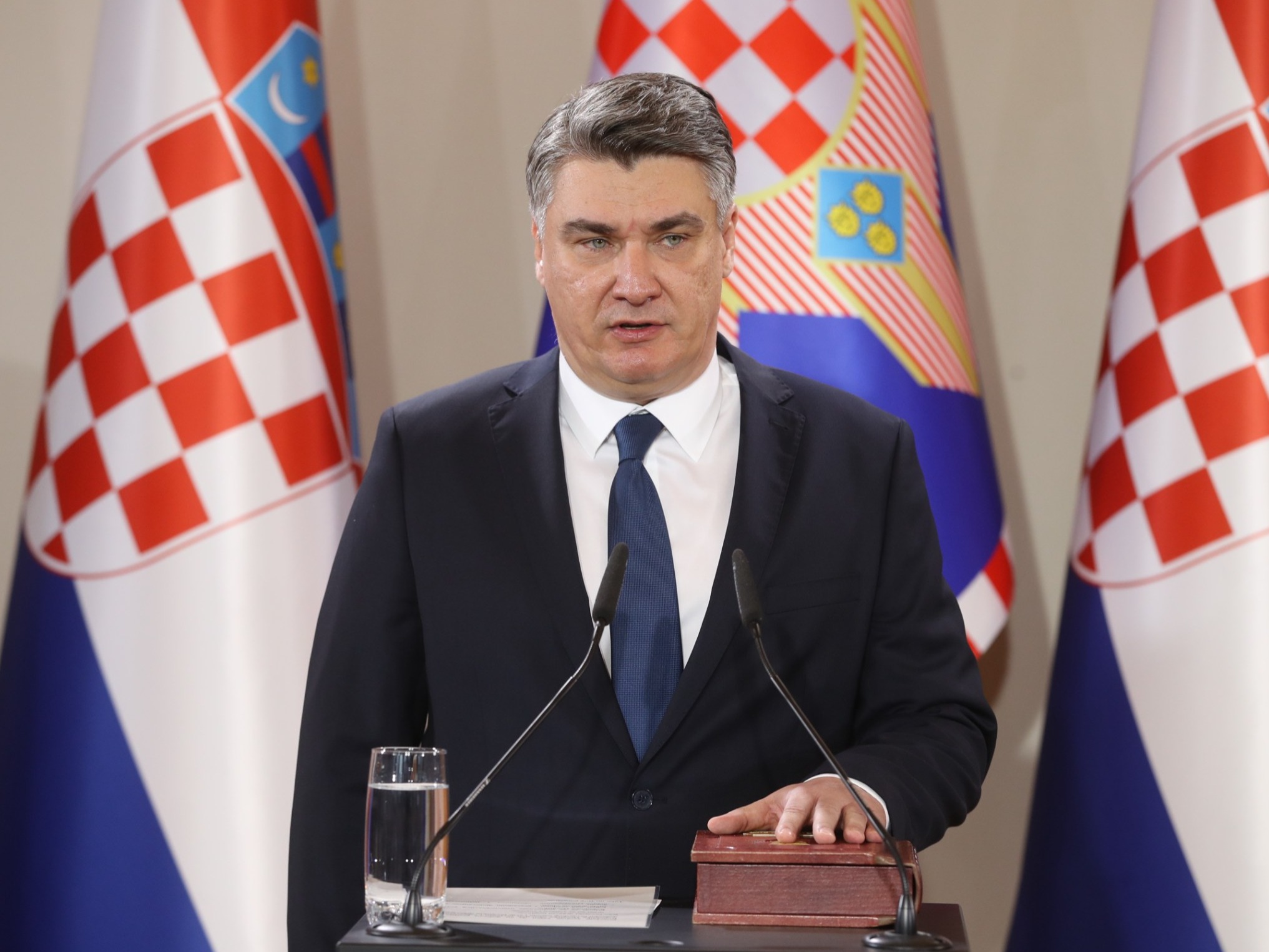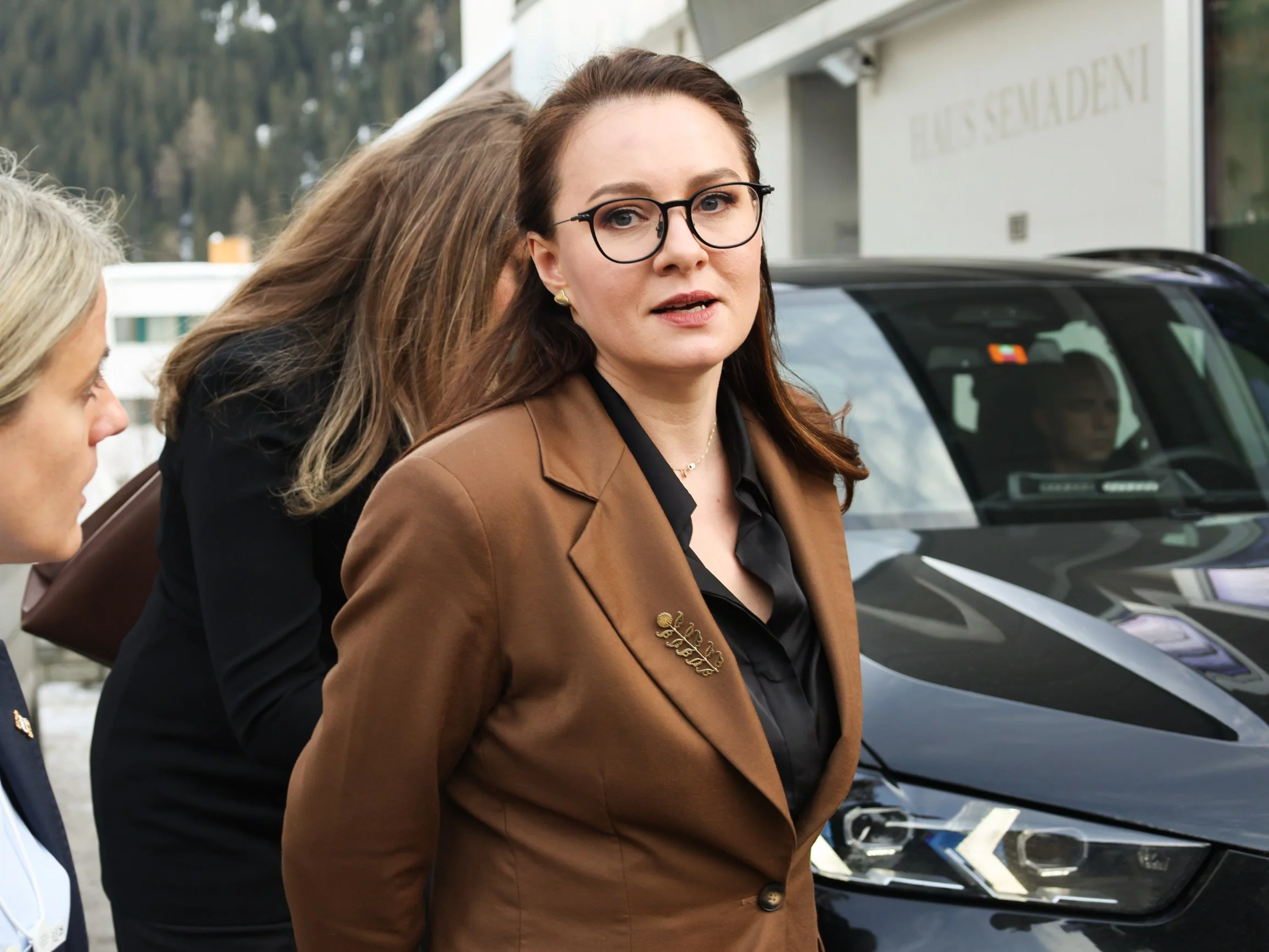
«Стратегическое землетрясение» в Европе сигнализирует о неопределенности
Автор: Аластер Пайнтер через OilPrice.com,
Конвергенция кризисов – геополитические сдвиги, энергетическая нестабильность и экономическая стагнация – знаменует собой конец исторической эпохи и начало более изменчивого многополярного мирового порядка.
Проблемы включают массовую иммиграцию, потенциальное урегулирование на Украине в пользу России, снижение гарантий безопасности США и неустойчивые фискальные модели. Расходы на оборону, энергетическая стратегия и безопасность ресурсов.
Популистские движения ускоряются по мере того, как наднациональные институты теряют влияние.
Геополитически события первой половины 2025 года убедительно свидетельствуют о том, что в Европу надвигаются сейсмические изменения. От дипломатических споров по поводу окончания российско-украинской войны до отношений с администрацией Трампа в США лидеры Европы сталкиваются с рядом серьезных и насущных дилемм. Одна из причин, по которой настоящий момент так важен, заключается в том, что ряд основных формирующих факторов сходились в одно и то же время, своего рода «великое соединение», которое сигнализирует о завершении ряда исторических циклов и закономерностей. Одна эпоха закончилась, а другая вот-вот начнется.
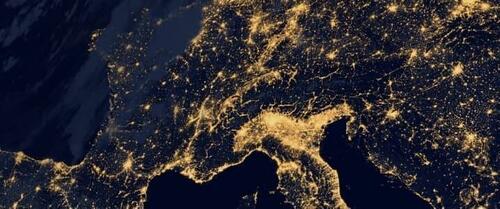
Как именно будет выглядеть эта новая эпоха, станет яснее в течение следующих нескольких лет. В то же время повышенное чувство волатильности будет представлять большой риск для инвесторов, даже если это также открывает широкие возможности. Во всем мире глобалистский порядок находится в упадке, и на его место приходит новый националистический порядок. Хотя этот сдвиг был очевиден для осторожных наблюдателей в течение довольно долгого времени, события прошлого года, особенно те, которые окружали выборы президента США Дональда Трампа, застали многих людей, включая правительства, врасплох. Они ошибочно полагали, что глобализм — это будущее.
На практике эта трансформация имеет глубокие последствия. Не в последнюю очередь потому, что это предвещает появление многополярного мира и распад «порядка, основанного на правилах», который преобладал с конца Второй мировой войны. Становится все более очевидным, что многие из наднациональных организаций, которые так долго обеспечивали рамки, через которые происходит современное управление и торговля, похоже, раскалываются. Это включает в себя ООН и ВТО, а также более региональные организации, такие как ЕС и НАТО.
С точки зрения специфики, европейские правительства (в том числе внутри и за пределами ЕС, а также самого ЕС) сталкиваются с рядом основных дилемм.
Их стратегический выбор будет иметь серьезные последствия для континента на многие годы вперед.
1. Наиболее взрывоопасным фактором во внутренней политике, особенно в Западной Европе, является вопрос массовой иммиграции. Этот вопрос связан со всеми другими и связан с дискуссиями не только по экономическим и социальным вопросам, но и по самим основам идентичности и суверенитета. Конечно, значительный рост популистских и националистических партий по всему континенту напрямую связан с массовой иммиграцией и может предвещать конец «послевоенного консенсуса» и драматический сдвиг в управлении приоритетами.
2.Правительства Европы сталкиваются с двойными перспективами: а) послевоенного урегулирования на Украине, в котором Россия достигает своих стратегических и территориальных целей, и b) поворота США от НАТО и Европы к Дальнему Востоку. Осознание того, что Европа больше не может полагаться на США в военной защите, в то же время не увеличивая собственные расходы на оборону до 5% национальных государственных бюджетов, вызвало заметные изменения в оборонной политике по всему континенту. Многие правительства объявили о намерении увеличить расходы на оборону, и бизнес в уже обширном оборонном секторе континента, вероятно, увеличится. Однако этот план, скорее всего, рассчитан на десятилетие и может успешно осуществляться только в контексте здоровой, функциональной экономики. Любой план, основанный на увеличении заимствований, скорее всего, будет отменен, поскольку это только усугубит существующие экономические проблемы.
3. Экономическое недомогание Европы было отмечено повсеместно. Еще до прихода к власти администрации Трампа было ясно, что существующие привычки расходов не являются устойчивыми. Один высокопоставленный банкир на другом континенте заметил мне в прошлом году, что «ужасающий» уровень государственного долга в Европе, безусловно, обеспечит крах социальной модели управления. На самом деле, европейские экономики борются с финансовым кризисом 2008 года. В ЕС бюрократическая структура и масса обширных правил сделали перспективу неизбежного восстановления довольно отдаленной. Германия была движущей силой, которая поддерживала экономику ЕС, но ее собственная экономика в последние годы очень плохо себя чувствовала под воздействием российско-украинской войны и все более жестких зеленых правил.
4. Отсутствие конкурентоспособности Европы заметно в ряде областей. Инновационная и инвестиционная дилемма стала очевидной, когда президент Франции Эммануэль Макрон публично признал, что удушающее нормативное пространство вызвало огромный отток талантов и капитала на более свежие пастбища, такие как США, ОАЭ и части Дальнего Востока. Разрыв в возможностях ИИ является одним из наиболее ярких примеров.
5. Энергетическая стратегия - это еще одна область, в которой правительствам придется пересмотреть свои варианты. Война на Украине показала, насколько правительства Германии стали зависимыми от российского газа. Кроме того, приверженность радикальным целям Net Zero, сделанным в контексте, в котором климатическая политика возобладала, окажет резкое влияние на промышленное производство. Однако, говоря политическим языком, следует спросить, насколько климатически ориентированный политический импульс «Зеленых» отражал глобалистскую политическую структуру, которая в действительности уже находилась в упадке. Избирательно Партия зеленых в Германии пользовалась меньшей поддержкой в 2025 году, чем в 2021 году, потеряв 33 места. Тем не менее, новое коалиционное правительство канцлера Мерца сделало крупные уступки Зеленым, включая обещание выделить 50 миллиардов евро нового (заимствованного) специального фонда на защиту климата в размере 500 миллиардов евро.
Более широко недавние отключения электроэнергии в Португалии, Испании и некоторых частях Франции подчеркнули хрупкость нынешней энергетической системы. В связи с этим сразу возникают два вопроса. Во-первых, как правительства могут гарантировать, что широко распространенные перебои в подаче электроэнергии не будут становиться все более частыми, поскольку энергетическая политика была направлена на достижение целей «чистого нуля»? Во-вторых, как такие правительства могут рассчитывать на то, чтобы справиться с неизбежными социальными волнениями, которые могут возникнуть в результате повторения таких инцидентов в то время, когда напряженность уже нарастает?
6. Отключение электроэнергии в некоторых частях Западной Европы еще раз подчеркивает один из основных недостатков гиперглобализации - зависимость от очень сложных, но хрупких систем. Это было отмечено в глобальном масштабе во многих различных областях, например, в июле прошлого года, когда обновление программного обеспечения CrowdStrike прервало работу авиакомпаний, банков, здравоохранения и вещателей по всему миру. Кризис в Красном море является результатом йеменской повстанческой деятельности хуситов и основным источником риска в районе, через который обычно проходит 30% мировых контейнерных перевозок. Он служит ярким примером того, как локальные точки вспышки могут иметь серьезные глобальные последствия. По мере того, как мир переходит от гиперглобализации к более региональному порядку, цепочки поставок, вероятно, будут пересмотрены, чтобы смягчить уровень риска, присутствующий в период большой геополитической нестабильности.
7. С этим связан вопрос ресурсов. По мере ослабления «порядка, основанного на правилах», скорее всего, будет возвращаться к гораздо более «разрезанному и направленному» способу работы, насколько это будет продолжаться. Как недавно заметил великий стратег Грегори Копли, «суверенитет — это то, что может быть защищено либо напрямую, либо союзом». Во всем мире существует ряд ключевых стратегических регионов, представляющих интерес, таких как англо-российская «Большая игра» в Центральной Азии или «Битва за Африку». Сегодня завершение строительства Международного транспортного коридора Север-Юг (МТКК) обеспечило России значительное стратегическое преимущество, которое теперь имеет бесперебойный торговый доступ к Индийскому океану. Более того, Центральная Азия становится очень важным регионом с экономической точки зрения, не в последнюю очередь из-за присутствия Редких Земных Элементов (REE), важного фактора, который также играет роль в Африке, поскольку там снова происходит новая «Битва». Кроме того, Арктика и Антарктика будут представлять живой интерес как для великих держав 21-го века, так и для тех, кто находится в географической близости.
Неоднократные комментарии президента Трампа в отношении Гренландии, которая в настоящее время является автономной территорией в составе Королевства Дания, свидетельствуют о ряде стратегических целей США. Один из них касается жизненно важного вопроса о REE, поскольку Гренландия обладает некоторыми из крупнейших в мире запасов, включая иттрий, скандий, неодим и диспрозий. Перспективы континентальной Европы в этой области являются важной точкой исследования. В то время как Европа в настоящее время не производит никаких REE, различные месторождения были расположены по всему континенту, от Норвегии и Швеции до Греции. Интерес к этим областям растет, и вместе с этим рассмотрение потенциала добычи полезных ископаемых, фактор, который должен быть сбалансирован с экологическими проблемами, представляет собой возможную область интересов для инвесторов в ближайшие десятилетия.
Эти факторы, конечно, являются лишь частью более широких стратегических проблем, с которыми европейским правительствам придется бороться в предстоящий трансформационный период.
На фоне всего этого лежит мощный подъем популизма и национализма, который, похоже, будет усиливаться. То, как нынешние правительства «статус-кво» будут реагировать на различные стратегические вызовы дня, окажет серьезное влияние на внутриполитический ландшафт соответствующих государств, а также на более широкую геополитическую картину. Нынешний промежуточный период приносит с собой ускоренный политический цикл, в котором многие национальные правительства в настоящее время довольно нестабильны. Как все части на доске заканчиваются, еще предстоит увидеть. В то же время мы можем находиться в периоде большой нестабильности и неопределенности.
Тайлер Дерден
Thu, 05/22/2025 - 05:00


